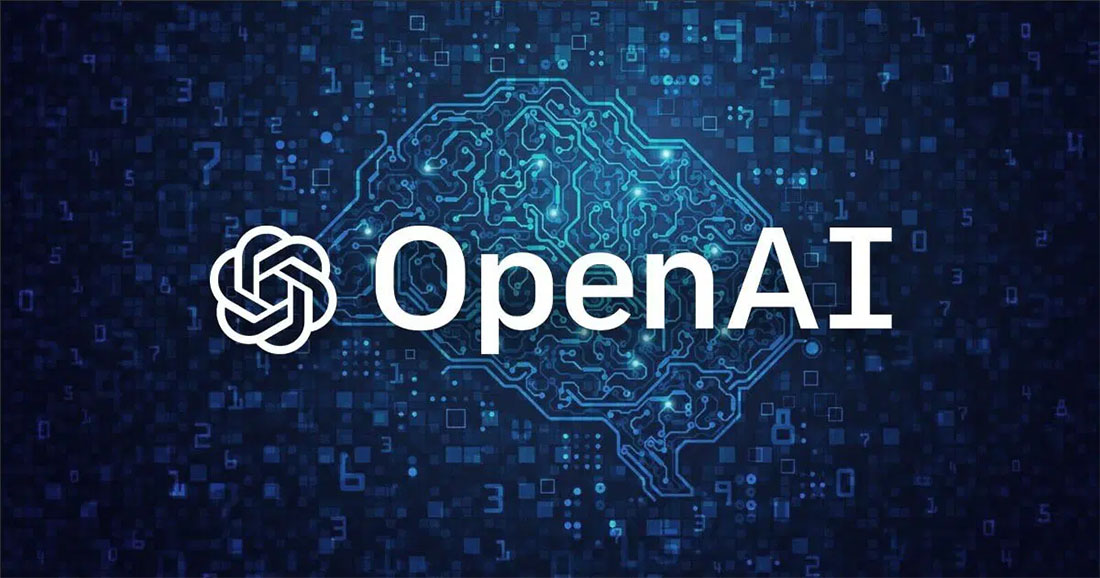Photo Credit: Getty Images
OpenAI and Microsoft are rewriting the terms of their multibillion-dollar partnership in a high-stakes negotiation. The talks aim to create a pathway for the ChatGPT maker to launch a future initial public offering while ensuring the software giant maintains access to cutting-edge artificial intelligence models.
Microsoft, having invested more than $13 billion in OpenAI to date, stands as a key figure in the AI company's plans to undergo a corporate restructuring. This restructuring would move OpenAI further from its non-profit roots toward a model that can attract significant investment.
"A critical issue in the deliberations is how much equity in the restructured group Microsoft will receive," stated a person with knowledge of the negotiations. The companies are revising terms of a wider contract that currently runs until 2036, covering Microsoft's access to OpenAI's intellectual property and revenue sharing arrangements.
Three individuals with direct knowledge of the talks revealed that Microsoft is offering to surrender some equity stake in OpenAI's new for-profit business. In exchange, Microsoft seeks guaranteed access to technology developed beyond 2030, a deadline specified in their current agreement.This deal is vital to OpenAI's restructuring efforts and could determine the future of a company at the forefront of developing large language models. As OpenAI CEO Sam Altman stated, the goal is to "go further and build artificial general intelligence, systems that surpass the abilities of humans."
OpenAI recently abandoned controversial plans that would have maintained strict control by its non-profit board. However, it's proceeding with plans for its business arm to become a public benefit corporation, a model focused on social good while also generating profits.
"The change is a key demand of investors and would ensure that an IPO becomes possible in the future," explained a source close to the company. This corporate structure, similar to that used by competitors like Anthropic and Elon Musk's xAI, would allow OpenAI to offer investors equity in the business.
The negotiations are complicated by a complex coding between the companies. While they maintain collaboration—with Microsoft embedding OpenAI's technology into its software products and providing computing power—OpenAI's growing ambitions have created competition with its benefactor.
"The friction comes partly due to style. OpenAI says to Microsoft 'give us money and compute and stay out of the way,'" noted one senior Microsoft employee. Despite tensions, another source emphasized, "Microsoft wants this conversion to succeed. There's a tough negotiation, but we're confident we'll get it done."
Even with Microsoft's support, OpenAI faces additional hurdles. Delaware Attorney General Kathy Jennings announced she would review OpenAI's restructuring plans to ensure compliance with Delaware law and the organization's charitable purpose.
Industry experts warn that failure to establish the business arm as a public benefit corporation could critically damage OpenAI's ability to raise capital, achieve a future IPO, and compete with tech giants like Google.
"When you're a mission-driven entity which needs money, you're powerless," observed Dorothy Lund, professor of law at Columbia Law School. "You have to walk this line: you want your financiers to keep giving you multibillion-dollar checks, so you need to keep them happy."


